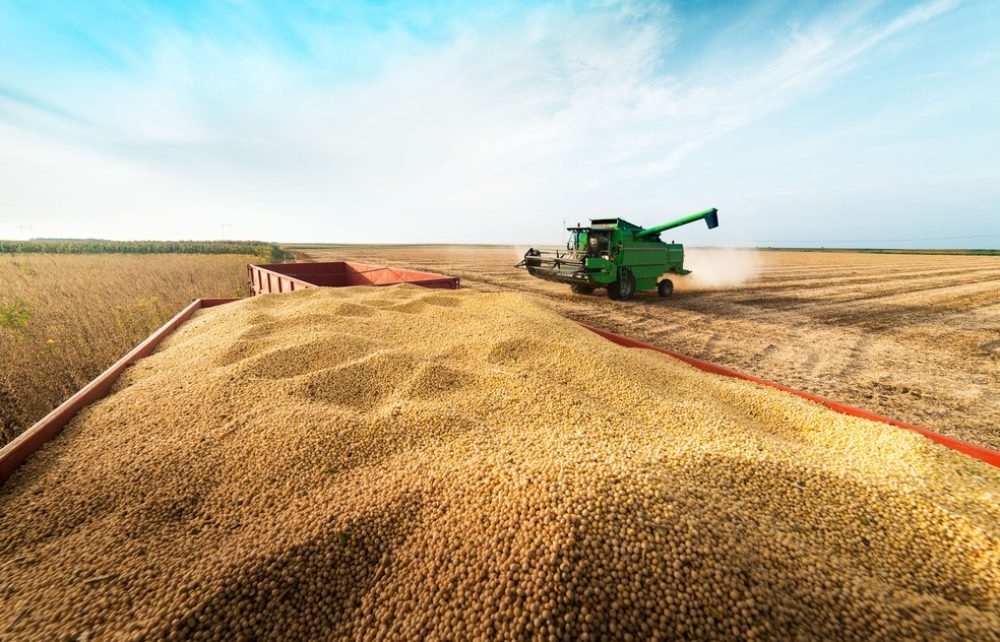RIO DE JANEIRO, BRAZIL – Brazilian soybean exports have slowed after a first quarter with more significant figures. From January to March this year, a total of 22 million tons of soybeans were shipped out of the country, compared to 15.4 million tons in the same period in 2021, according to data from the Secretariat of Foreign Trade (Secex).
In the year to April 10, Brazil exported 24.1 million tons of soybeans with sales of US$12.6 billion.
According to the figures available so far, Canal Rural director Giovani Ferreira believes Brazil is unlikely to exceed the 86.1 million tons of shipments recorded last year. He also highlights the reason for the decrease in shipments.

“We left a larger crop of 140 million tons, which this year is expected to be less than 120 million. In addition, we already had a decrease in foreign sales in March,” he says.
In terms of soybean meal, 5 million tons were exported in the cumulative year ending April 10, with revenues of US$2.3 billion.
“We have the conditions to reach the record export of 17.2 million tons in 2021, but with the shortage of soybeans, we will also find difficulties in the supply of oilseeds to squeeze,” recalls the director of content of Canal Rural.
Soybean oil is shipped 600 thousand tons in the year, with US$800 million in revenue accumulated. In the first quarter of 2022 were 480 thousand tons, compared to 210 thousand tons in the same period of 2021.
COULD SOYBEAN IMPORTS REACH A RECORD?
If the export of Brazilian soybean was a record last year, the volume of imports in 2022 could reach unprecedented levels. In 2021, Brazil imported 252 thousand tons, while the cumulative result of the year to April reaches 193 thousand tons.
“In the period when imports occur, we should overcome the records observed in the past. There will be no shortage of soybeans, but we have very high demand. If we do not have the grain domestically, we will look for it in neighboring countries such as Argentina and Paraguay, which have also had problems with the weather,” says Ferreira.
With information from Canal Rural

